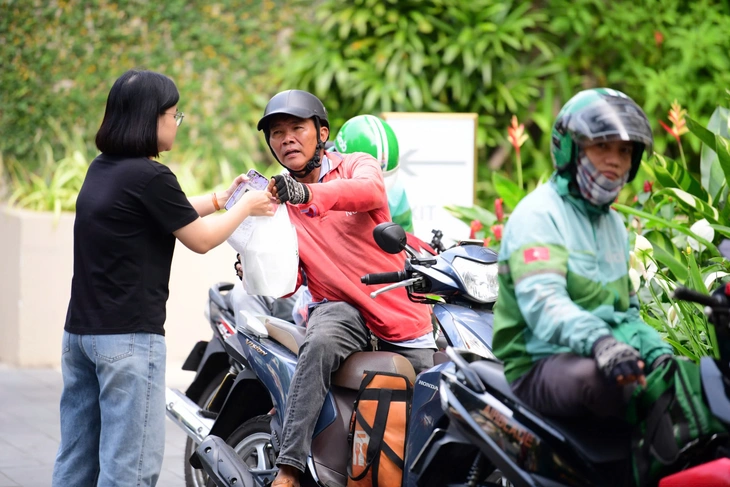
Vietnamese users use apps to book rides, order food and pay an average of 5 times/week - Photo: QUANG DINH
According to the report "Super app usage habits in Vietnam 2025" recently published by Cimigo, on average Vietnamese people use super apps 5 times per week, focusing on three main service groups: electronic payment 3.88 times/week, motorbike taxi calling 3.04 times/week, and food delivery ordering 2.83 times/week.
Use the app a lot, prioritize convenience
Cimigo is an independent market research company operating primarily in Asia. According to Cimigo's assessment, the "all-in-one" model attracts users who are tending to prioritize integrating services into a single platform to save time, costs and operations.
In Ho Chi Minh City, users aged 25-44 have significantly higher usage frequency and spending levels for most services on super apps than other age groups, especially in food delivery services.
Meanwhile, car-hailing services are used more frequently by people aged 44 and over, showing differences in mobility needs by generation.
Consumers today tend to use multiple super apps in parallel to compare prices and hunt for deals, reflecting flexible and cost-sensitive shopping behavior, according to a Cimigo report.
In terms of brand popularity, Cimigo statistics show that MoMo, Shopee, Be and Grab are the leading businesses with high conversion rates from awareness to actual use.
Notably, Be has achieved good results in both awareness and usage frequency in the last 3 months. However, Be's user retention rate is still low, only about 15%, showing that there is still a lot of room to improve loyalty and long-term experience.
Be users are mainly men aged 18-24, using it mainly for motorbike-hailing, car-hailing and fast delivery services.
Meanwhile, Grab, ZaloPay and Traveloka are more popular with the 25-44 age group, while TikTok Shop is most popular with the 18-24 age group. Shopee and MoMo have the widest coverage, appearing equally across all age groups.
The three most important factors that motivate users to stick with a super app include competitive prices, fast operations, and stability.
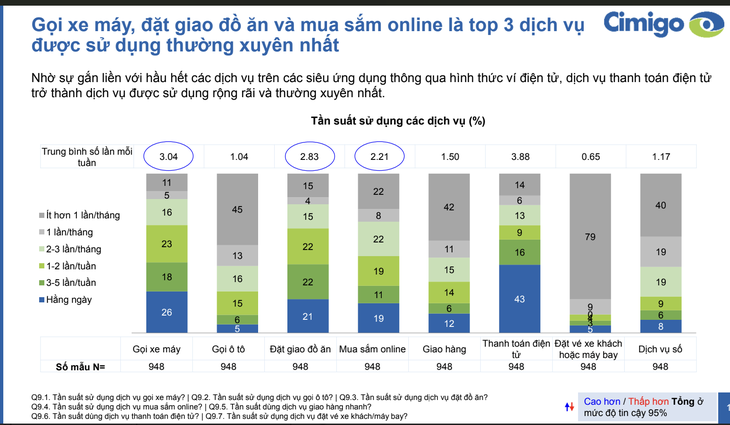
The report "Super app usage habits in Vietnam 2025" has just been published by Cimigo - Photo: Cimigo
Ride-hailing race, the "pie" is increasingly shared by more and more people
In the current technology-based ride-hailing app market, Grab still holds the leading position, while Be, a pure Vietnamese app, is making a strong impression thanks to its multi-service integration model. Xanh SM creates an advantage with its synchronized electric vehicle fleet, while Tada "targets" the driver group with a policy of not charging commission fees.
Although each application has its own strategy, the common point is that they all aim to capture the time and daily spending of Vietnamese users.
In 2024, Be recorded a 60% platform-wide GMV growth and a 50% increase in users. Notably, 70% of Be users use two or more services, with spending 25 times higher than the group using only one service.
Be is integrating 12 service groups such as ride-hailing, delivery, beFood, beGiving, booking airline tickets, buses, insurance, telecommunications...
Grab is still the leading "big guy" with a large customer base and dense network. However, over the past year, the company has faced challenges with high discounts, causing many drivers and users to switch to other options.
Xanh SM, the pure electric ride-hailing brand of Vingroup Corporation, is quickly expanding its influence thanks to its service quality and clear environmental positioning.
Notably, Tada did not appear loudly in the market, but the technology-based ride-hailing application attracted attention with its low driver commission policy, creating a ripple effect in Hanoi and Ho Chi Minh City.
Source: https://tuoitre.vn/nguoi-viet-dung-app-dat-xe-goi-do-an-va-thanh-toan-trung-binh-5-lan-tuan-20250520085200523.htm


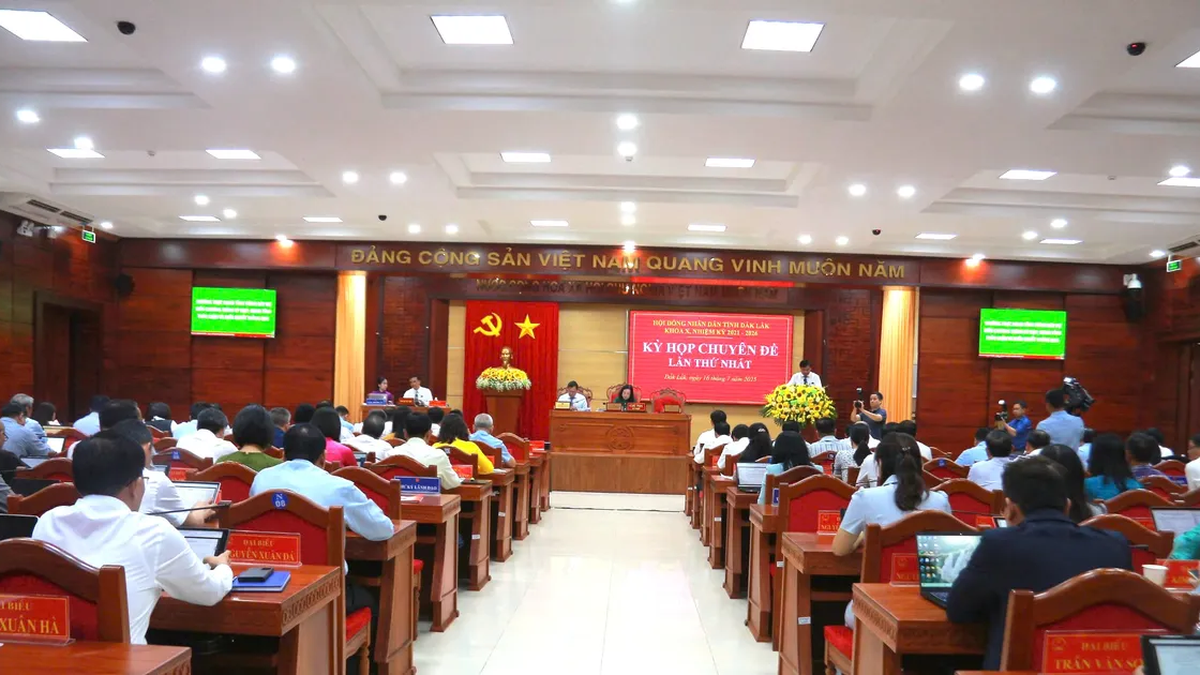

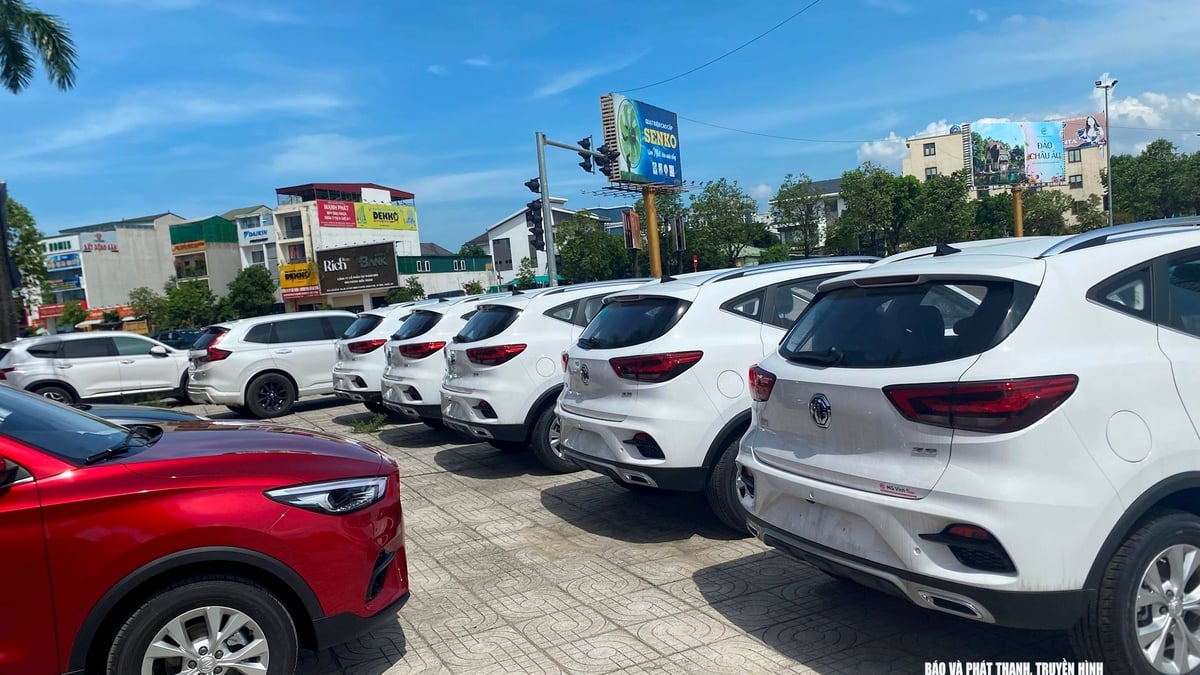
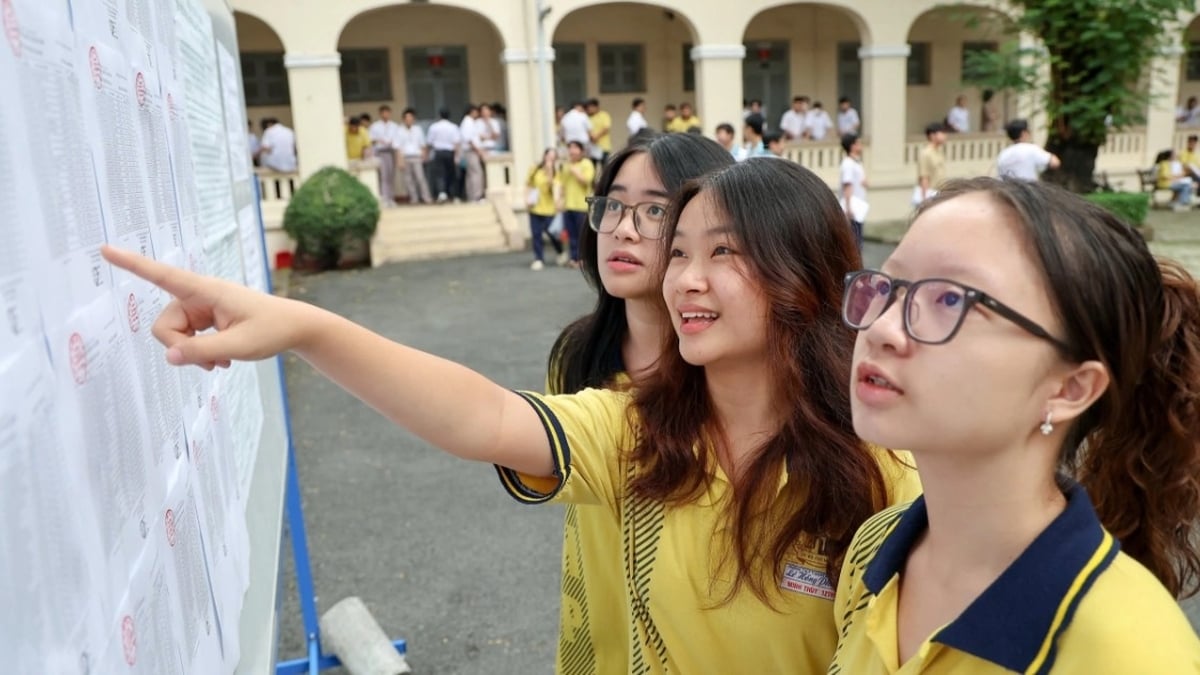
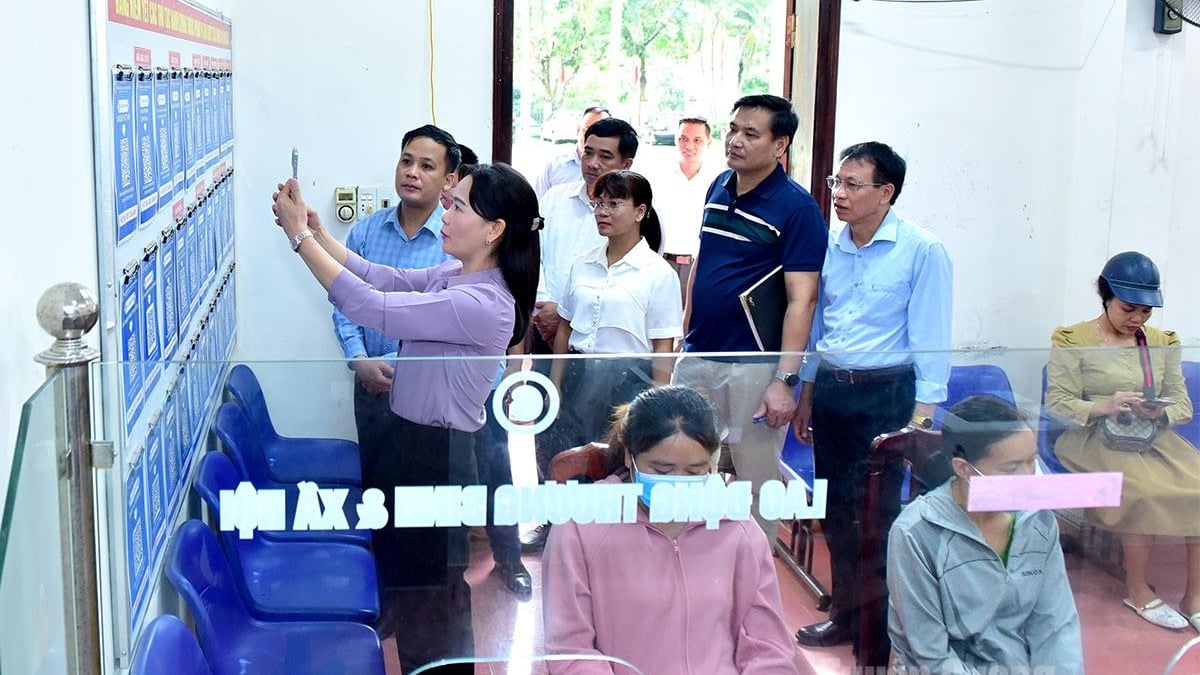

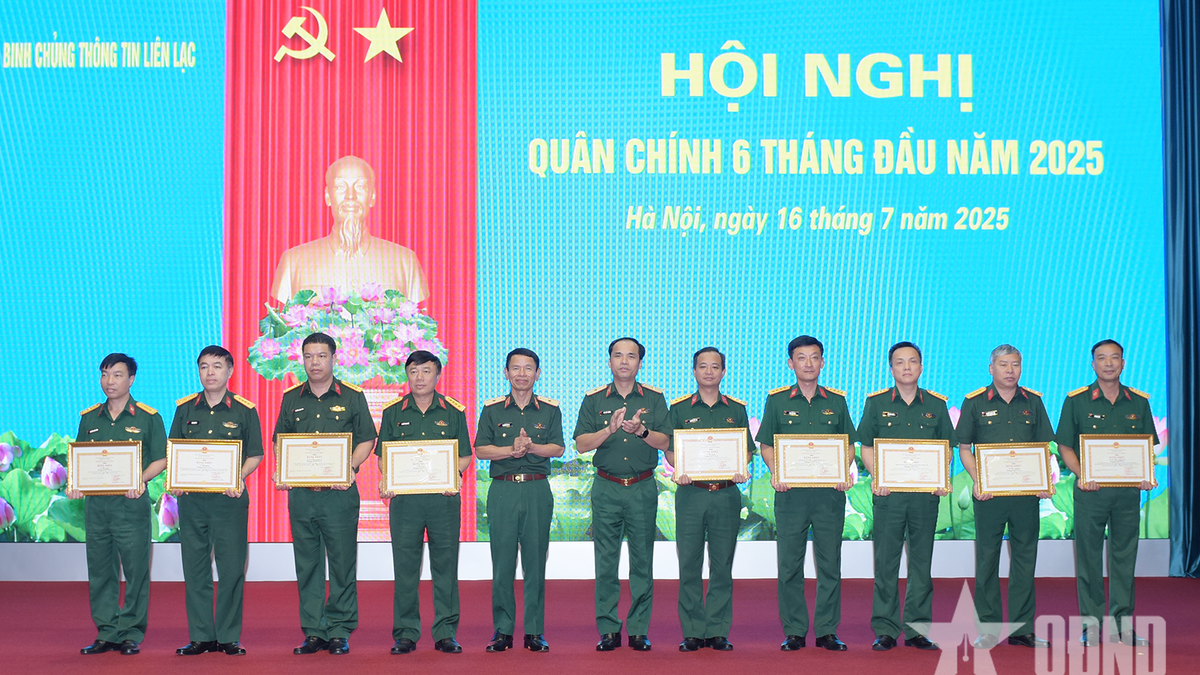
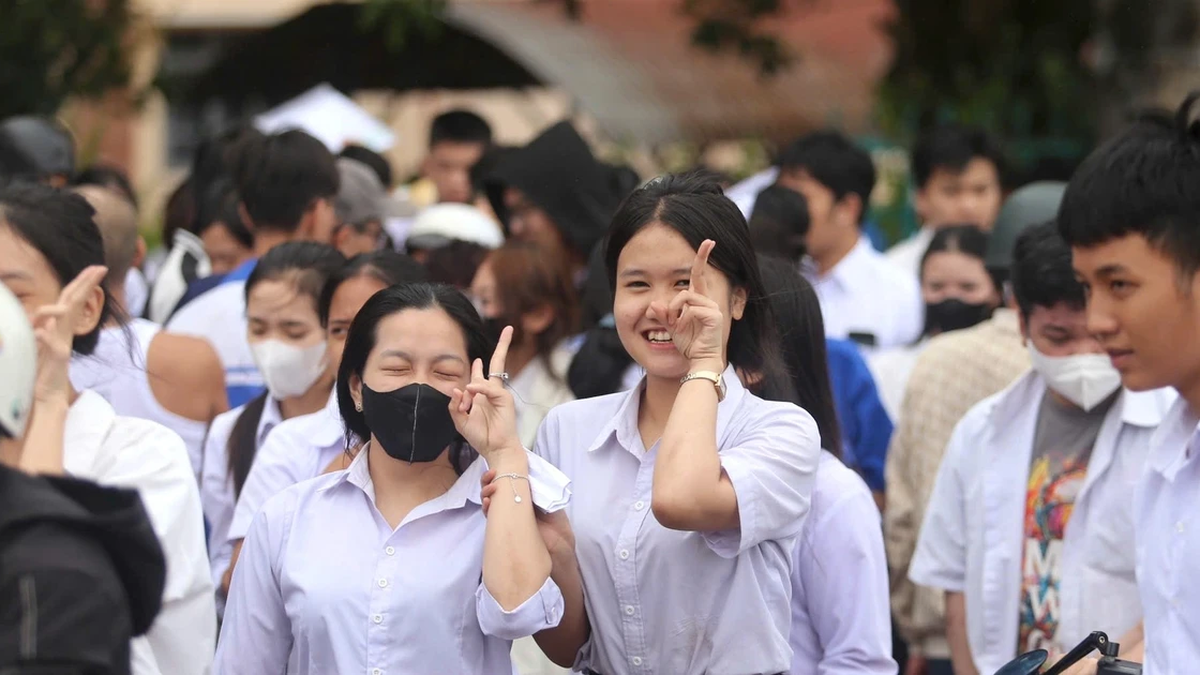
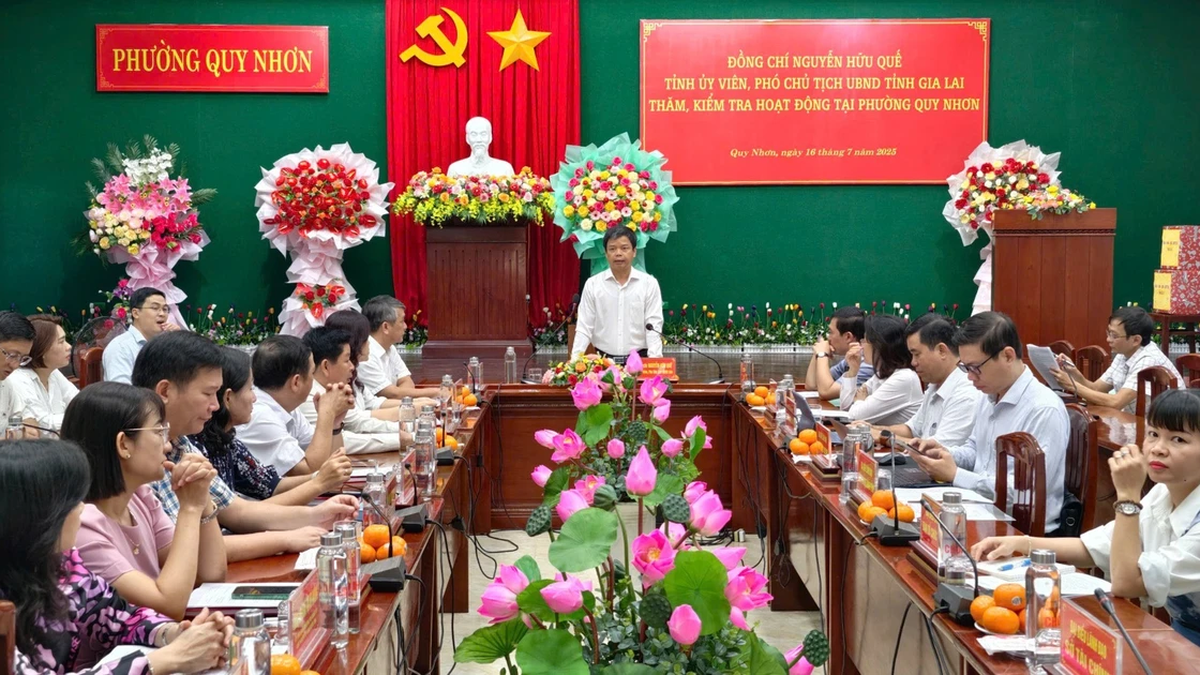
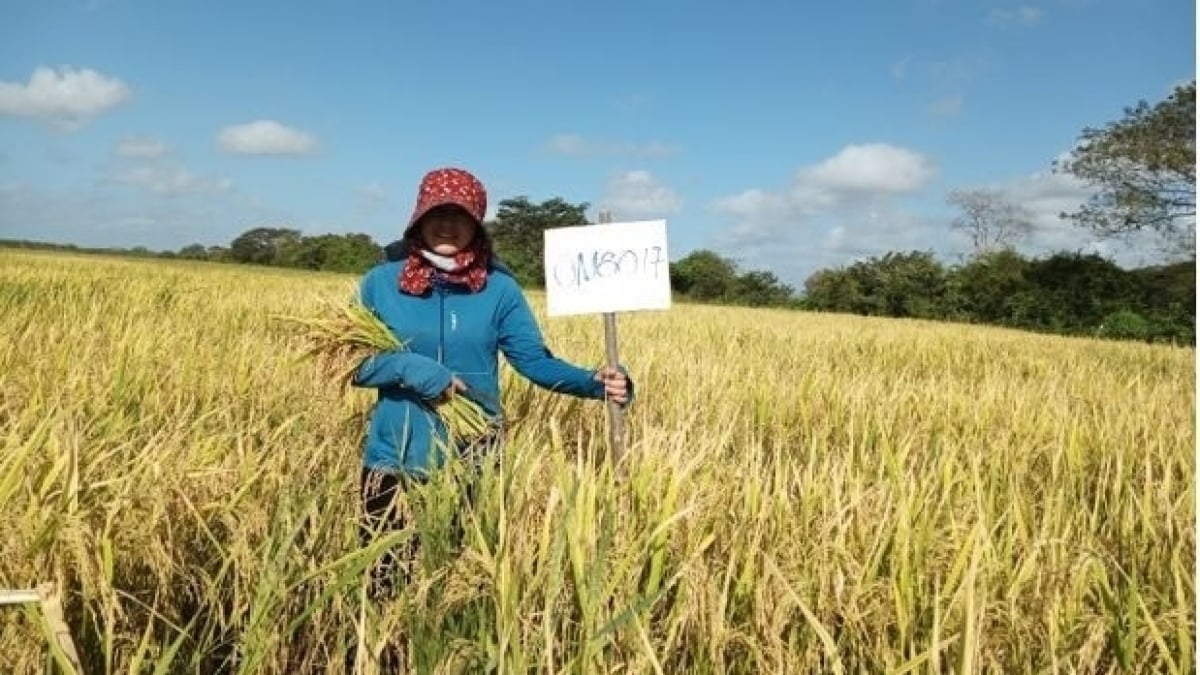
































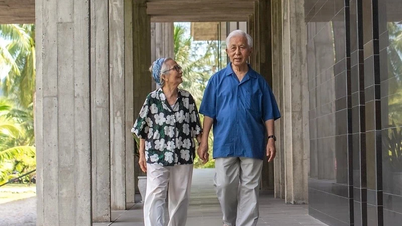

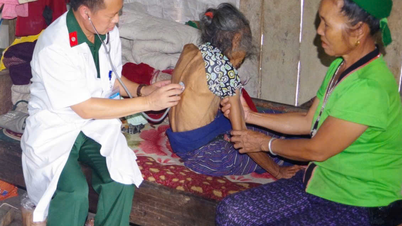











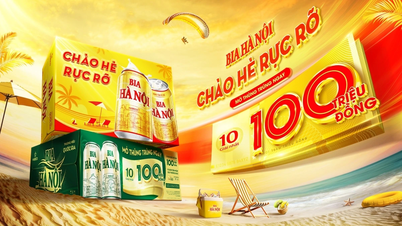


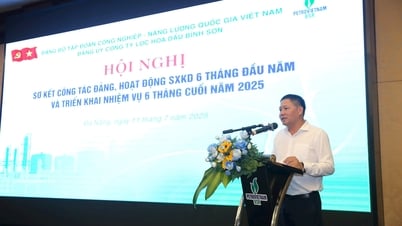

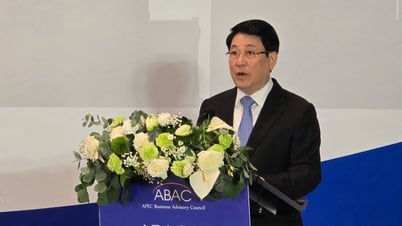




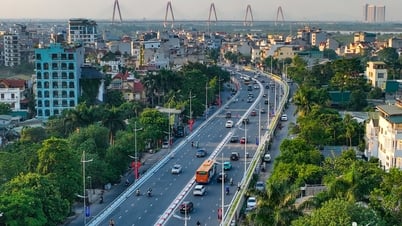
































Comment (0)